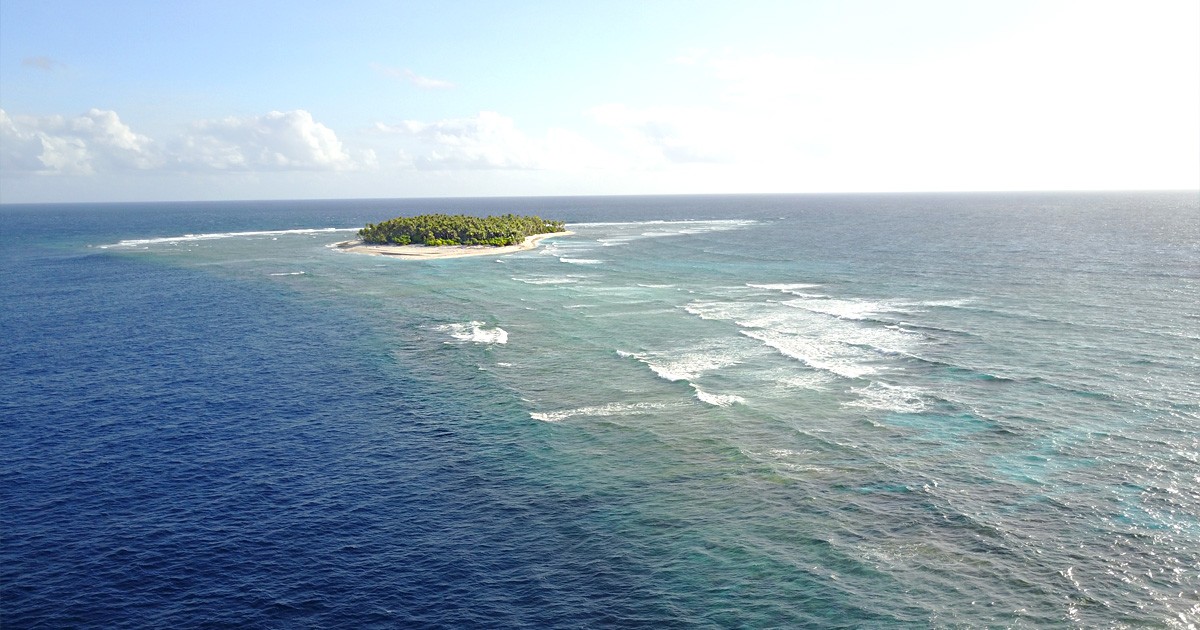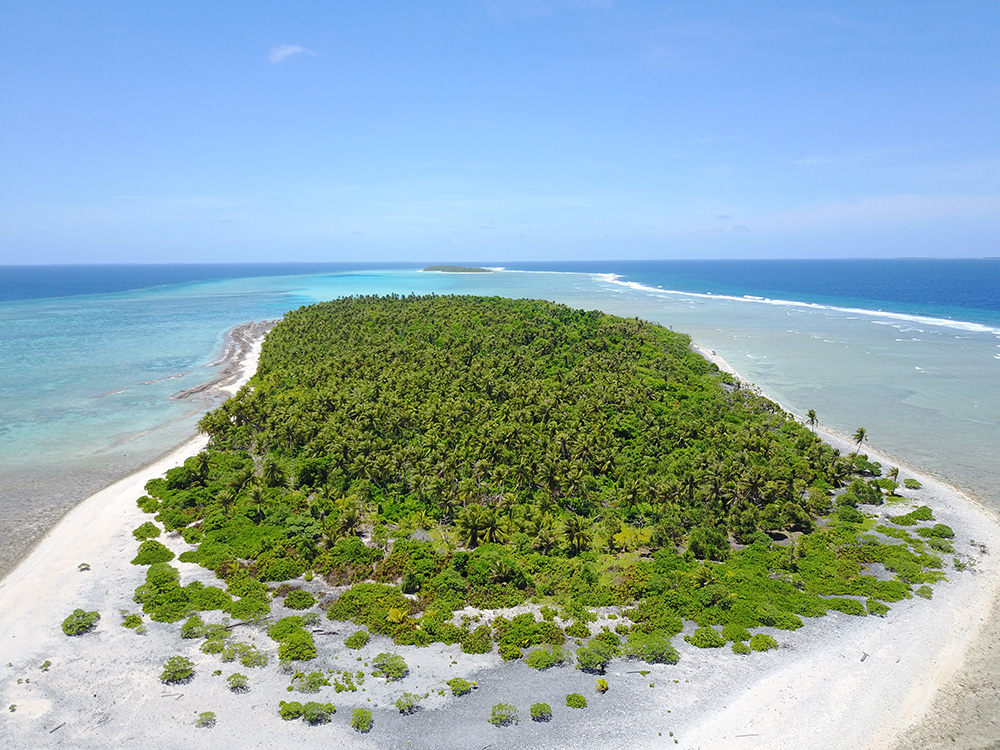March 11, 2025
Press Release: New eDNA Tool Can Detect Invasive Rodents Within an Hour
New environmental DNA technology can help protect vulnerable island ecosystems from destructive invasive species.
We use cookies to help you navigate efficiently and perform certain functions. You will find detailed information about all cookies under each consent category below.
The cookies that are categorized as "Necessary" are stored on your browser as they are essential for enabling the basic functionalities of the site. ...
Necessary cookies are required to enable the basic features of this site, such as providing secure log-in or adjusting your consent preferences. These cookies do not store any personally identifiable data.
Functional cookies help perform certain functionalities like sharing the content of the website on social media platforms, collecting feedback, and other third-party features.
Analytical cookies are used to understand how visitors interact with the website. These cookies help provide information on metrics such as the number of visitors, bounce rate, traffic source, etc.
Performance cookies are used to understand and analyze the key performance indexes of the website which helps in delivering a better user experience for the visitors.
Advertisement cookies are used to provide visitors with customized advertisements based on the pages you visited previously and to analyze the effectiveness of the ad campaigns.
Our new online shop is live!

Islands around the world are losing biodiversity and native wildlife at an alarming rate in large part due to the presence of and predation by invasive species. As one of the leading factors in the history of recorded extinctions on islands, invasive species pose one of the greatest risks to island biodiversity worldwide. Now, the US Department of the Interior (DOI) is taking a stand and making an effort to support conservation projects that mitigate and remove the threats invasive species pose to islands and local communities.
In a recent announcement, Doug Domenech, DOI Assistant Secretary for Insular and International Affairs revealed an allocation for $1,488,890 in grants for the fiscal year of 2018 through the Coral Reef and Natural Resources initiative. This funding is dedicated to islands around the world including US Territories as well as the Federated States of Micronesia and the Republic of Palau in order to remove and reduce the threats invasive species pose to island wildlife and the livelihoods of local communities. Assistant Secretary Domenech explained the importance of this funding:
Invasive species in the islands are disruptive for both marine and terrestrial resources in the islands, which already face a delicate balance. Secretary Zinke and I are pleased to help control and eradicate invasive species in the islands in order to protect public health, livelihoods, and fragile environments and economies.”

The Department of the Interior’s dedication to the removal of invasive species from islands reveals a deep understanding of the impact these species have humans and wildlife both on and offshore.
Gregg Howald, Island Conservation’s Director of Global and External Affairs highlighted the importance of this funding saying:
Island Conservation applauds DOI, Assistant Secretary Doug Domenech, and his team for their vision and leadership in containing, curbing, and eradicating island invasive species to protect at-risk island communities, economies, and ecosystems.”
Island Conservation is excited to be one of the 2018 funding recipients and to advance a partnership and project on the Ulithi Atoll, with the DOI and the state of Yap, Federated States of Micronesia to remove invasive black rats and mangrove monitor lizards. This project marks the beginning of a partnership with the local community represented by Ulithi Falalop Community Action Program and One People One Reef (OPOR) who will lead the marine science component of the project.
The project will benefit local communities’ livelihoods and safeguard important natural resources. The partnerships’ conservation efforts on Ulithi Atoll will ensure protection for endangered sea turtles, native seabirds, and a recently discovered endemic species of snake, all of which currently are predated upon by invasive species. Additionally, the return of a healthy thriving ecosystem on land will improve the marine system through the flow of nutrients into the sea. This, in turn, will lead to healthier coral healthy reefs and more fish. Island Conservation and our partners are dedicated to reviving the island’s biodiversity, improving food security for the local community, and supporting the sustainable use of natural, marine and terrestrial resources.
Featured photo: Ulithi Atoll crops up out of the open ocean.
Check out other journal entries we think you might be interested in.
Notifications